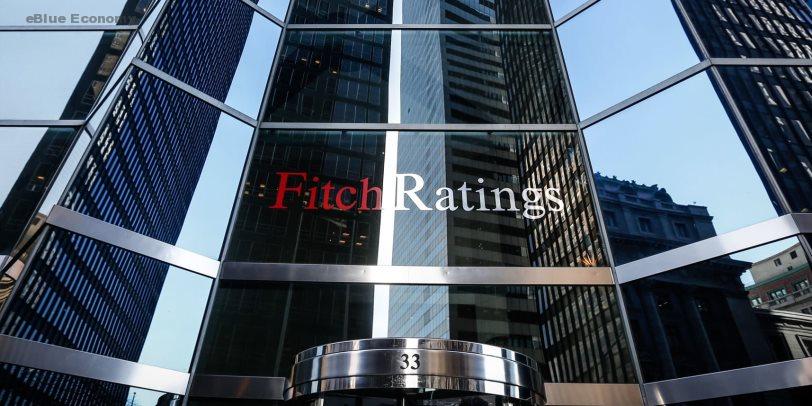
Ashraf Ghorab, economic expert, vice-president of the Arab Union for Social Development in the Arab Labor System of the League of Arab States for Economic Development, revealed the most prominent factors and reasons that led the International Monetary Fund to raise its expectations for the rate of growth of the Egyptian economy during the current fiscal year to 5.9% in its latest report on The outlook for the global economy, for the second time in a row, compared to its forecast in the January report by 5.6%, despite the report reducing its forecast for global economic growth to 3.6%, down 0.8% from January, which confirms the strength and diversity of the Egyptian economy.

Ghorab added that after the International Monetary Fund’s report, the “Fitch” credit rating agency was issued, in which it affirmed its rating of the Egyptian economy at “B+” with a stable future outlook, due to the country’s continued implementation of economic reforms, achieving financial stability, and improving the business climate, and this confirms On the strength of the Egyptian economy and its ability to face the current global economic challenges, despite what the world is being exposed to as a result of the Russian-Ukrainian crisis, which has caused a reduction in the expectations of global growth rates.

Ghorab explained that there are many factors that caused the International Monetary Fund to raise the growth rate of the Egyptian economy, the most important of which is that Egypt is still a fertile soil that attracts foreign investments, especially after the devaluation of the pound, the facilities provided by the state to investors, and the economic legislative structure that supports the investor. And the new roads and axes that link the governorates together reduce time and effort and link the industrial zones to Cairo, and the support and facilities provided to investors.

Ghorab pointed out that the infrastructure modernization that took place over the past years undoubtedly contributes to attracting investments, in addition to the fact that the Egyptian economy is diversified, comprehensive, and enjoys flexibility, in addition to developing and modernizing ports, modernizing the customs system and reducing the time for customs release.
The file of digital transformation and attention to information technology, which facilitates work, time, and effort, in addition to the major industrial areas such as the economic zone of the Suez Canal and others, which are considered fertile soil attractive to investments, explaining that the statistics confirm that the total investments for four projects signed by the economic zone of the Suez Canal during the last period amounted to about 10 billion dollars. for green fuel production.

Ghorab stressed that there are national projects such as a decent life project, which is still ongoing, which contributed to the operation of thousands of companies, which provided job opportunities and reduced the unemployment rate, in addition to investment projects in new cities that are still moving at a steady pace, and growth rates are still continuing, in addition to that after the crisis The Russian side with Europe regarding Russian gas exports, and the exit of foreign companies from Russia,

Egypt has now given them an opportunity to transfer their investments therein, especially in the gas and other sectors, which will benefit Egypt by increasing the production of natural gas and increasing Egypt’s exports from it.
The economic expert continued, that among the factors that the IMF raised its expectations was also the volume of investments that Egypt obtained from Arab countries, in addition to the strong performance of the Egyptian economy during the first half of the current fiscal year, in which it recorded a growth of 9%, in addition to the state’s continued orientation towards Maximizing the national industry and deepening the local product to rely on it by increasing investments and expanding productive projects and supporting small, medium and micro enterprises to increase local production, increase exports and reduce the import bill.














